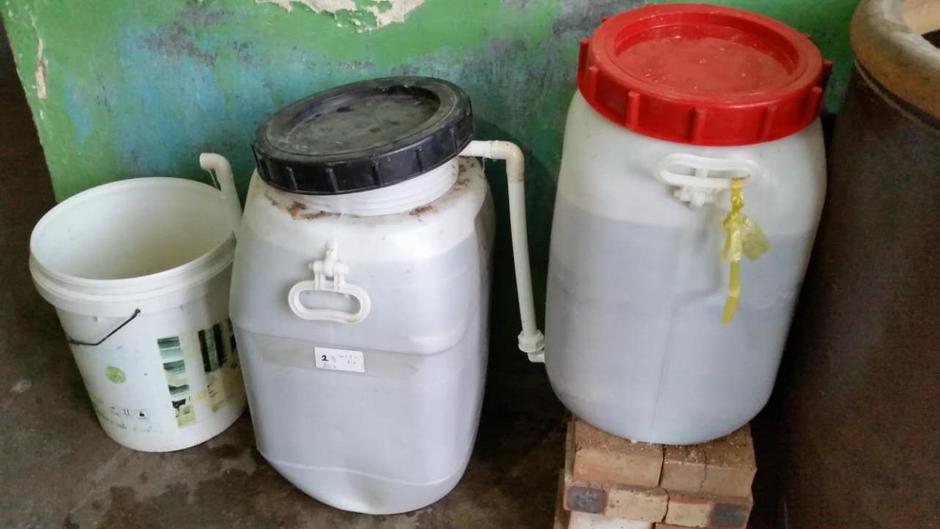
Environment and biodiversity
Place
The villages of Liangjiabu and Zuojiabu in Shanxi Province (roughly 600km south of the capital city, Beijing).
Sponsor
Goulven Inial
Grant
€4,000, 2nd prize at the 2016 Student Solidarity Awards.
Project Leader
Goulven Inial : “This project is exemplary in several ways. Firstly, it is scientifically proven, as the students have tested several types of filter and have set up a robust monitoring programme with periodic testing and sampling. Moreover, the project is economically viable with a relatively low purchase price and maintenance costs. Finally, the spirit of collaboration which drives forward rise is what most impressed me: they have joined forces with village residents and the local authorities to identify a sustainable solution.”
RISE was formed in 2011 and its members are Chinese students and students on exchanges at the University of Tsinghua’s School of Environment that utilizes their skills and knowledge to address environmental problems in China and more specifically in rural areas.
Tried and tested
Following a trial phase during which the students developed six types of filter, they are going to equip over 600 residents in the villages of Liangjiabu and Zuojiabu in Shanxi Province (roughly 600km south of the capital) where there are high levels of arsenic in the water.
The version of the filter which they themselves designed (based on an existing filter and using a mix of sand and gravel) has proved its effectiveness (92% absorption rate) as it enables levels of arsenic to be lowered below the Chinese standard (<50/µg/l).
Arsenic: a major public health issue in China
Contamination of water by arsenic is a major problem in China, a country in which many rural areas do not have access to treated water. By producing these filters, the students’ long-term goal is to reduce the health risks associated with arsenic exposure, including cancer.
The judging panel awarded them 2nd prize at the 2016 Student Solidarity Awards.

